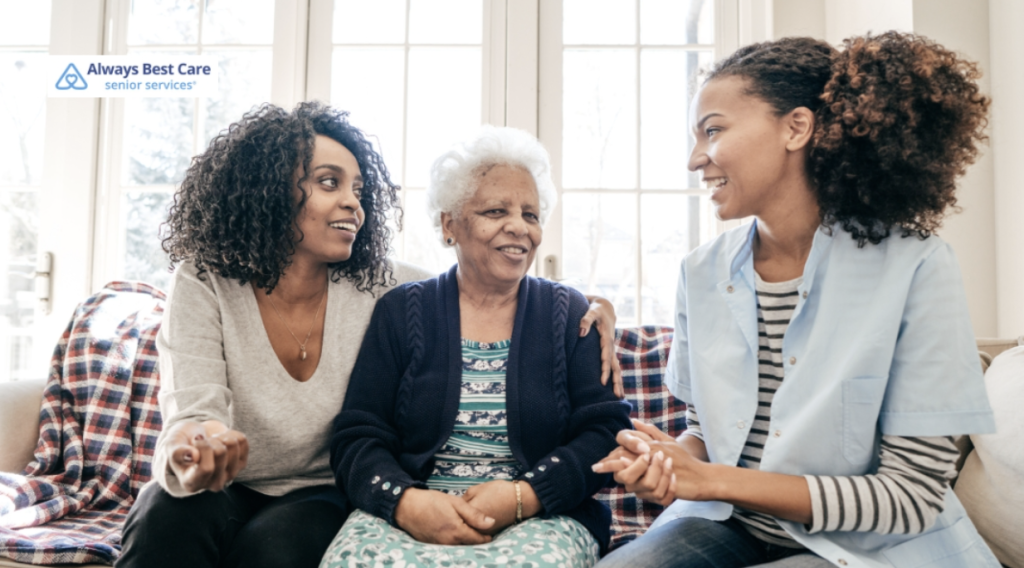Supporting Seniors’ Emotional Well-Being: Understanding Behavioral Health Needs in West Monroe, LA

Most folks think senior care means checking blood pressure, counting pills, and preventing falls. Sure, those things matter, but there’s so much more to living well than just staying upright and taking meds on time. Emotional wellness, mental clarity, and feeling connected to others? Those are just as vital for our aging loved ones.
Here’s the thing: seniors face some pretty tough stuff. Loss of friends and partners, shrinking independence, health changes that shake their confidence, it’s a lot.
And honestly, brushing these feelings aside as “normal aging” doesn’t cut it. These challenges deserve real attention and genuine support.
What you will learn:
- The importance of behavioral health in seniors, beyond just physical care, and how emotional well-being impacts their overall health.
- Key signs that emotional or behavioral changes may signal the need for additional support, including mood shifts, social withdrawal, and memory concerns.
- Simple, practical ways families can support their loved ones’ mental health, from regular communication to encouraging hobbies and social interaction.
- How Always Best Care of West Monroe provides personalized support to seniors, including companionship, structured routines, and dementia care.
Table of Contents
What Does Behavioral Health Really Mean?
Think of behavioral health as the whole package: how we feel, think, and interact with the world around us. For seniors living in West Monroe, this might look like:
- Learning to live after a spouse passes away
- Wrestling with feelings of sadness or worry that won’t lift
- Navigating memory troubles or early signs of dementia
- Handling the stress of moving homes or giving up driving
Strong emotional health builds resilience. It keeps seniors engaged, independent, and genuinely enjoying their days. On the flip side, unaddressed mental health struggles can snowball into bigger problems, affecting everything from appetite to heart health.

Red Flags That Something’s Changed
Families often pick up on subtle shifts before realizing something’s truly wrong. Keep your eyes peeled for these warning signs:
- Pulling away from friends, family gatherings, or favorite activities
- Dropping hobbies they used to love
- Sleeping too much (or barely at all)
- Sudden mood swings, crankiness, or persistent gloominess
- Skipping meals or medications
- Getting confused about familiar places or routines
Don’t wave these off as typical aging. They’re often signals that your loved one needs extra emotional support.
The Mind-Body Connection Can’t Be Ignored
Here’s what’s wild: emotional struggles don’t just stay in your head. Seniors dealing with depression, anxiety, or loneliness might also face:
- Slower healing after surgery
- Higher chances of heart problems or stroke
- Trouble keeping diabetes or blood pressure under control
- Weakened immune systems
Supporting emotional health isn’t some touchy-feely extra; it’s practical medicine that can genuinely extend and improve life.

Simple Ways Families Can Make a Difference
You don’t need a medical degree to help. Small, heartfelt actions count for a lot:
- Set up regular video chats or phone calls with friends and grandkids
- Encourage gentle walks around the neighborhood or light stretching
- Help them pick up old hobbies, gardening, painting, whatever brings joy
- Just listen. Really listen without trying to fix everything
- Schedule those doctor appointments and tag along if needed
Sometimes, though, families need backup. That’s where professional caregivers come in.
How We Support Behavioral Health in West Monroe
At Always Best Care of West Los Angeles & South Bay, we’re all about treating the whole person. Our caregivers don’t just show up and do tasks; they build real connections. Here’s how we help:
- Companionship that fights loneliness. Isolation kills the spirit. Our caregivers provide warm, genuine company that makes a difference.
- Steady routines create comfort. Structure helps anxious minds settle. We support daily rhythms that bring stability.
- Gentle reminders keep things on track. Medication schedules, appointments, we’ve got it covered without being pushy.
- Meaningful conversations matter. We engage seniors in real talks about their lives, interests, and memories.
- Communication with families. We keep you in the loop about any mood shifts or behavioral changes we notice.
For seniors navigating memory loss, our specialized dementia and Alzheimer’s care focuses on reducing confusion and anxiety through patient, compassionate approaches tailored to each person’s needs.

Frequently Asked Questions
Q: How quickly can care start for my loved one in Louisiana?
A: We understand urgency varies. Care can begin within hours for immediate needs or be scheduled over days or weeks based on your family’s situation.
Q: Does Medicare cover in-home behavioral health support?
A: Traditional Medicare typically doesn’t cover non-medical companionship and personal care services. We’ll walk you through payment options during your free consultation.
Q: What if my parent resists having a caregiver?
A: Resistance is common and totally understandable. We approach introductions gently and work to match personalities carefully. Many seniors warm up once they realize caregivers are there to help, not take over.
Q: Are your caregivers trained in dementia care?
A: Absolutely. All our caregivers receive extensive training, including specialized approaches for memory care and behavioral health challenges.
Support Your Loved One’s Emotional Well-Being Today
Emotional wellness isn’t a luxury; it’s fundamental to healthy aging. If you’ve spotted changes in your loved one’s mood, behavior, or general outlook on life, trust your gut. Those shifts deserve attention and support.
We’re here to help families in West Monroe. Our caregivers combine professional expertise with genuine compassion to support your loved one’s emotional, social, and physical well-being.
Call Always Best Care of West Monroe today at (318) 322-2223 to schedule a free care consultation. Let’s talk about how we can help your family member thrive—not just survive.





